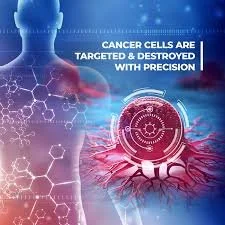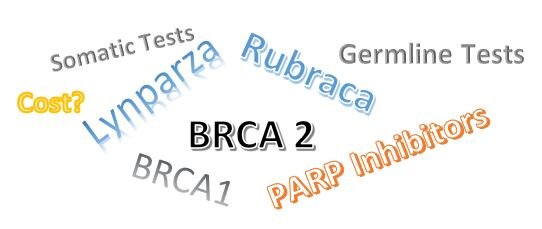Abiraterone, enzalutamide, apalutamide, and docetaxel could be considered for this patient population (castrate sensitive prostate cancer patients), noted Taplin. "None of us can [confirm] that one [option] is better than the other; [the treatment decision] needs to be individualized [by weighing the] pros and cons [with each agent] for each patient," Taplin concluded.
Switching from Abiraterone Plus Prednisone to Abiraterone Plus Dexamethasone Can Extend Its Effectiveness
Statins, Vitamin D and Zytiga
Statins and Vitamin D Might Reduce the Risk of Death in Men with Castrate Resistant Prostate Cancer Taking Zytiga
When to Start ADT With A PSA Only Recurrence
Study Shows Denosumab Safe & Effective in Increasing Bone Density in Non-metastatic Prostate Cancer
Prostate cancer treatments, particularly hormone therapy (ADT) can have a significant effect on speeding up the process of thinning and weakening the bones. There are some available treatments (Zoledronic acid aka Zoladex and denosumab aka Xgeva) which are designed to slow down or reverse this process; however, they are known to have many adverse side effects themselves. These side effects can include severe fractures of the femur which could limit survival and cataracts. For this reason, these treatments are usually used later, when men become castrate resistant and metastatic.
Can You Use Low Dose Zytiga with Food?
Lynparza with Zytiga Improves Outcomes
Xofigo (Radium-223) - Cautionary Information
The European Medicines Agency (EMA) has recommended that the use of Xofigo (Radium-223) be restricted. The restrictions, because of safety and efficacy concerns in men with castrate resistant prostate cancer (mCRPC), include that Xofigo can be used only after two other treatments have been taken; when other therapies cannot be used and not in combination with other 2nd line hormone therapies.
First Line Treatment for Newly Diagnosed Metastatic Prostate Cancer
Initially being diagnosed with metastatic, or advanced prostate cancer is not great. Metastatic prostate cancer is not curable and will be terminal if you don’t die from another cause.
We now have a number of what we consider second-line treatments for prostate cancer, drugs like Zytiga, Xtandi and Taxotere (chemotherapy).
We are beginning to recognize the value of the early use of these second line drugs along with first line ADT for men who are initially diagnosed with metastatic prostate cancer.
Is Abiraterone Acetate (Zytiga) A Good Alternative for Men with Prostate Cancer Who Are Not Responsive to Androgen Deprivation Therapy (ADT)?
Comparing the Efficacy of the Treatment Options of Metastatic, Castration-Resistant, Docetaxel-Resistant Prostate Cancer
Taking Zytiga At A Lower Dose With Food
Since abiraterone acetate (Zytiga) was approved for men with metastatic prostate cancer, it is well known that taking the drug with food in your stomach as opposed to having an empty stomach enhances the amount of drug that becomes active. Given the very high cost of Zytiga, many men have been tempted to take fewer pills along with a meal.










